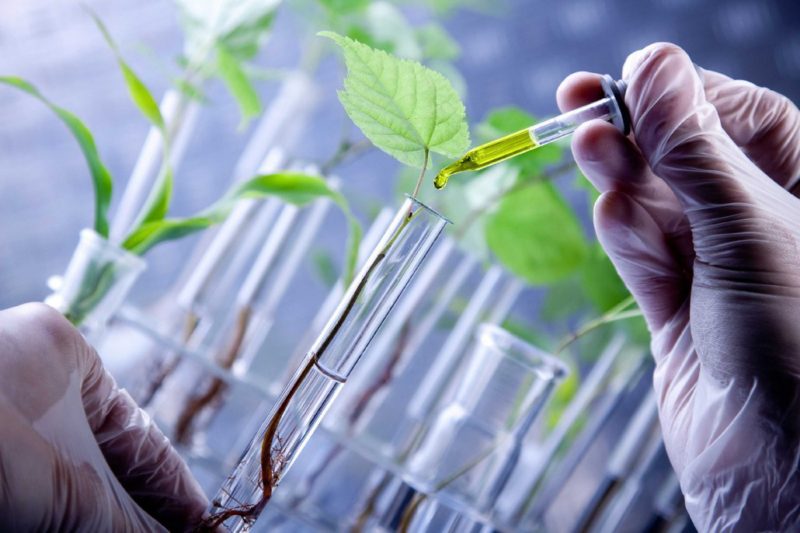An agriculturist, Mr Ismail Olawale, has called for restraint in efforts to adopt and practice agricultural biotechnology in the nation.

Agricultural biotechnology, also known as “agritech’’, involves the use of genetic engineering, molecular markers, diagnostics, vaccines, and tissue culture, to modify living organisms such as plants, animals and microorganisms.
Olawale, who spoke to News Agency of Nigeria (NAN) on Friday, May 4, 2018 in Lagos, lauded the contributions of “agritech’’ to the promotion of food security across the globe.
He, nonetheless, said that Nigeria was not ready for the adoption and practice of agricultural biotechnology due to ignorance and poor regulations.
“An average Nigerian farmer cannot tell you what biotechnology is all about. Obviously, it is difficult to implement agricultural biotechnology practice among most local farmers.
“In Nigeria, a lot of advocacy on `agritech’ is done in research papers and not yet in practical with the local farmer.
“In developed climes, the practice of agricultural biotechnology is well regulated but in Nigeria, we do not have the technology and administrative strength to regulate this trend.
“We may have policies or agenda promoting the idea of using biotechnologically driven agriculture to boost food security but we are not ready to delve into it,” he said.
Besides, Olawale said that some local poultry farmers had been misusing agricultural biotechnology in egg production, citing the negative effect of genetically modified eggs on human reproductive health as fallout of the abuse.
“Elements of agricultural biotechnology are gradually being adopted by local poultry farmers. They add a genetically modified additive to the feeds of layers which doubles their egg production.
“Some local farmers have abused this technology by mischievously doubling the dosage of this additive to poultry feeds in order to produce more eggs, with the reverse effect of infertility in humans following consumption.
“A group of five veterinary doctors in 2016 examined samples taken from 15 poultry farms in Kaduna and Zaria; their findings showed that only one farm complied with the specified dosage for biotechnologically developed eggs,’’ he said.
Olawale advised the government and stakeholders in agriculture to be cautious in adopting agricultural biotechnology and underscored the need for proper advocacy among local farmers.
“We should not just adopt agricultural biotechnology practice without preparing the groundwork.
“Nigerians have the tendency of abusing biotechnology-driven agriculture because there are no regulatory bodies to guide the practice,” he said.
By Mercy Okhiade
